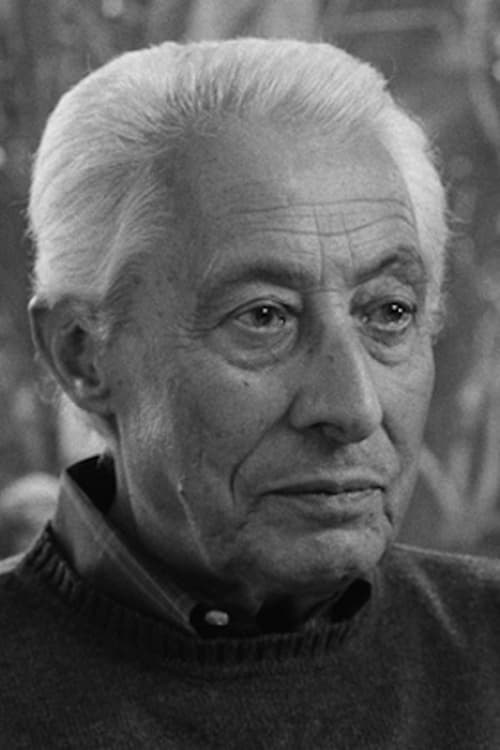Brandos Costumes (1975)
Género : Drama
Tiempo de ejecución : 1H 15M
Director : Alberto Seixas Santos
Escritor : Luiza Neto Jorge
Sinopsis
A portrait of the everyday life of a typical middle-class family in parallel with the fall of the "Estado Novo", the 48-year dictatorship led by Salazar. The daughters' conflicts and frustrations with their parents, their grandmother and their maid find an obvious echo in the country's collective events. The Carnation Revolution is about to explode.

Este vídeo único, protagonizado por "Vincent Van Goat", introduce a bebés y niños pequeños a los colores básicos a través de encantadoras marionetas, arte atemporal, secuencias de acción en directo, música clásica y poesía adaptada a los niños. Incluye imágenes de los cuadros más famosos de Van Gogh... Descripción completa pinturas. Con arreglos para niños de música de Brahms, Ravel, Strauss, Tchaikovsky y otros.

Caleidoscope of documentary-like scenes and re-enacted episodes of a day in the life of a large port town - Lisbon, from the old district around Saint George's Castle down to the docks and the 'Sagres' on the Tagus river, to the new commercial districts.

Adaptation of a 1987 novel by Agustina Bessa Luis, a multi-generation exploration of a wealthy family with a mysterious past and a house on the island of Madeira.
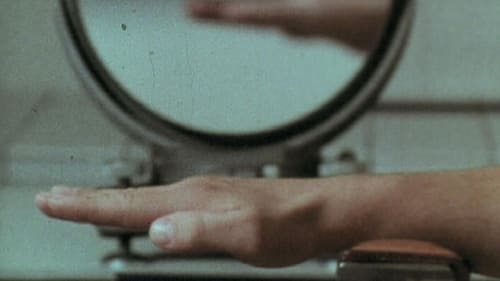
On January 21, 1975, in a village in the north of Portugal, a child writes to his parents who are in Angola to tell them how sad Portugal is. On July 13, 2011, in Milan, an old man remembers his first love. On May 6, 2012, in Paris, a man tells his baby daughter that he will never be a real father. During a wedding ceremony on September 3, 1977 in Leipzig, the bride battles against a Wagner opera that she can’t get out of her head. But where and when have these four poor devils begun searching for redemption?

This exaggerated mockery of crime cinema tells the story of a gang lead by "Renato, o pacíficio" (Renato, the peaceful) and their attempt to steal precious jewels from the Gulbenkian Museum in Lisbon. The weapon of choice? Bees!

Planetary presents a stunning visual portrait of our Earth, taking us on a journey across continents: from the African savannah to the Himalayas, and from the heart of Tokyo to the view of our fragile planet from orbit. Through intimate interviews with a diversity of people, from NASA astronauts and environmentalists to philosophers and Tibetan lamas, the film explores our shared future. It suggests that the key to transforming our civilisation lies in an understanding that all life is inseparably interconnected, and that we cannot change the world unless we change the way we see ourselves, our planet, and the wider cosmos we are embedded within.

A young man from a high-bourgeois family, Henrique receives mysterious phone calls from a woman at the barracks where he is serving in the military, which attracts him to meetings without consequences.

Two lovers meet again in strange circumstances, when she is a recent widow not particularly grieving, and he is a divorcée mourning his daughter. They reunite, only to break again - this time for good.

Falacha is the captain of a fishing boat of Nazaré who lost part of his men in a shipwreck. Among them was the husband of Aunt Aurélia, who holds Falacha responsible for this tragedy. A few years later, Maria, Falacha's daughter, falls in love with Manuel, Aurélia's son, which makes the two young people the new Romeo and Juliet. As for Falacha, he succumbs to social pressure and commits suicide...
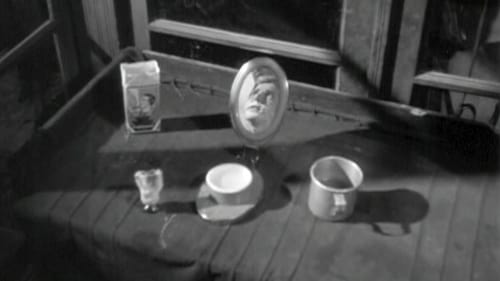
Retrato social típica de un país aislado y pobre, víctima de una ideología totalitaria. "Un universo parada y opresiva rural, roto por ausencias, desacuerdos o silencios, centrado en una pareja - Maria dos Prazeres, Álvaro Silvestre. Estado civil compromiso de relaciones, que se hizo añicos por el conflicto latente de pasiones, debilidades y deseos reprimidos ". Cit:. José de Matos-Cruz en Cais do mira, ed. Portuguesa Cinemateca, 1,999.
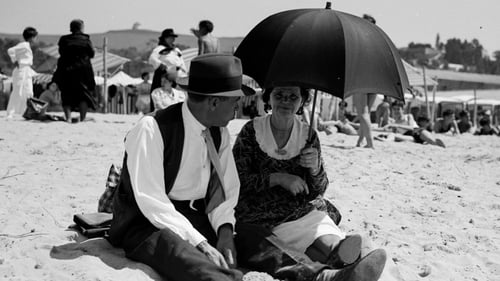
Images and sounds expose the duality of Portugal during the days of WW2: a peaceful, god-loving, rural country, providing an escape route for over one hundred thousand European refugees to the Americas; and a political and cultural elite that disguised their Nazi inclinations just enough to play its neutral role in international politics.

Adaptación de la novela de José Cardoso e Pires sobre la investigación policial en torno a la muerte de un militar fugado en los años 60 en Portugal.

El cineasta español Víctor Erice habla de la primera película que probablemente vio en su vida, «La garra escarlata» (1944), dirigida por Roy William Neill y protagonizada por Basil Rathbone como Sherlock Holmes. Los recuerdos de una experiencia cinematográfica tan formativa le llevan a rememorar los oscuros días posteriores al final de la guerra civil española, a confesar los muchos miedos que acechan a los niños y a reflexionar sobre la naturaleza de la propia memoria.

In Africa, during the colonial war, a patrol is lost in the bush and a soldier dies in operation. Twelve years later, in Portugal, the soldier family meets in peace.

Young Jesus is taken on a vacation by his parents (Rita Blanco, Adriano Luz) to a deserted beach resort. They accidentally fall into overnight wealth after Jesus digs in the sand, uncovering a large drug stash. Others characters intersecting here include an alcoholic actress, a philandering banker, a general trafficking in arms, priests who close their church and head north as hitchhikers, politicians who watch an all-girl production of Julius Caesar, and beggars who recite a children's story in a huge heap of trash.

The story of this film is based on actual facts, the murder of actress Maria Alves, and the investigation that ensued, covered by Reinaldo Ferreira himself. Ferreira also wrote a novel based on the same facts.

At the world premiere of "Gertrud" in Paris, December 1964, Dreyer is greeted by many celebrities of the French cinema: Clouzot, Langlois, Truffaut, Godard, Anna Karina. Afterwards Dreyer delivers short comments on the style of each of his films.
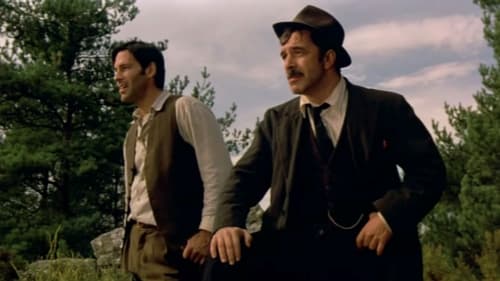
Portugal, late 1940's. André must leave the country after running away from prison. In Oporto some friends get him a guide, Lambaça, a smuggler who knows very well the Trás-os-Montes border from Portugal to Spain.






